Subhas Chandra Bose (also called Netaji) is known for his role in India’s independence movement. A participant of the noncooperation movement and a leader of the Indian National Congress, he was part of the more militant wing and known for his advocacy of socialist policies.
Subhas Chandra Bose had strong relationships with several Indian Muslims who supported his revolutionary activities. His close associates included individuals like Haji Abdul Sobhan and Uttam Chand, who provided crucial assistance during his escape from India and his time in Kabul. Furthermore, Bose’s political ideology was rooted in secular nationalism, emphasizing unity and equality among all Indians, regardless of religion, according to NewsClick.
Here’s a more detailed look at some key aspects:
Haji Abdul Sobhan and Uttam Chand:
These two individuals, along with others, played a vital role in Bose’s escape from India. Sobhan, a member of the Ghadar Party, and Uttam Chand, an Indian businessman in Kabul, provided shelter, arranged for a new passport, and facilitated communication with Germany.
Secular Nationalism:
Bose’s vision for India was one of a secular, democratic society, which is in contrast to the Hindutva ideology that emphasizes Hindu supremacy. He believed in building a strong India through unity and equality among all its citizens, irrespective of religion.
Azad Hind Fauj and Muslim officers:
The Indian National Army (INA), also known as Azad Hind Fauj, included many Muslim officers and soldiers, demonstrating Bose’s commitment to inclusivity. Figures like Mohammad Zaman Kiani, the first division commander, and Shaukat Malik, who hoisted the Indian flag in Imphal, highlight the diverse composition of his forces.
Netaji’s newspaper:
His newspaper, “Azad Hind,” also reflected his secular outlook, with no articles attacking other Indian leaders and even reporting on Pasmanda Muslims, according to eNewsroom India.
23Jan1897//15August 1945//Subhas Chandra Bose is known for his role in India’s independence movement. A participant of the noncooperation movement and a leader of the Indian National Congress,Bose’s vision for India was one of a secular, democratic society, Bose had strong relationships with several Indian Muslims who supported his revolutionary activities.
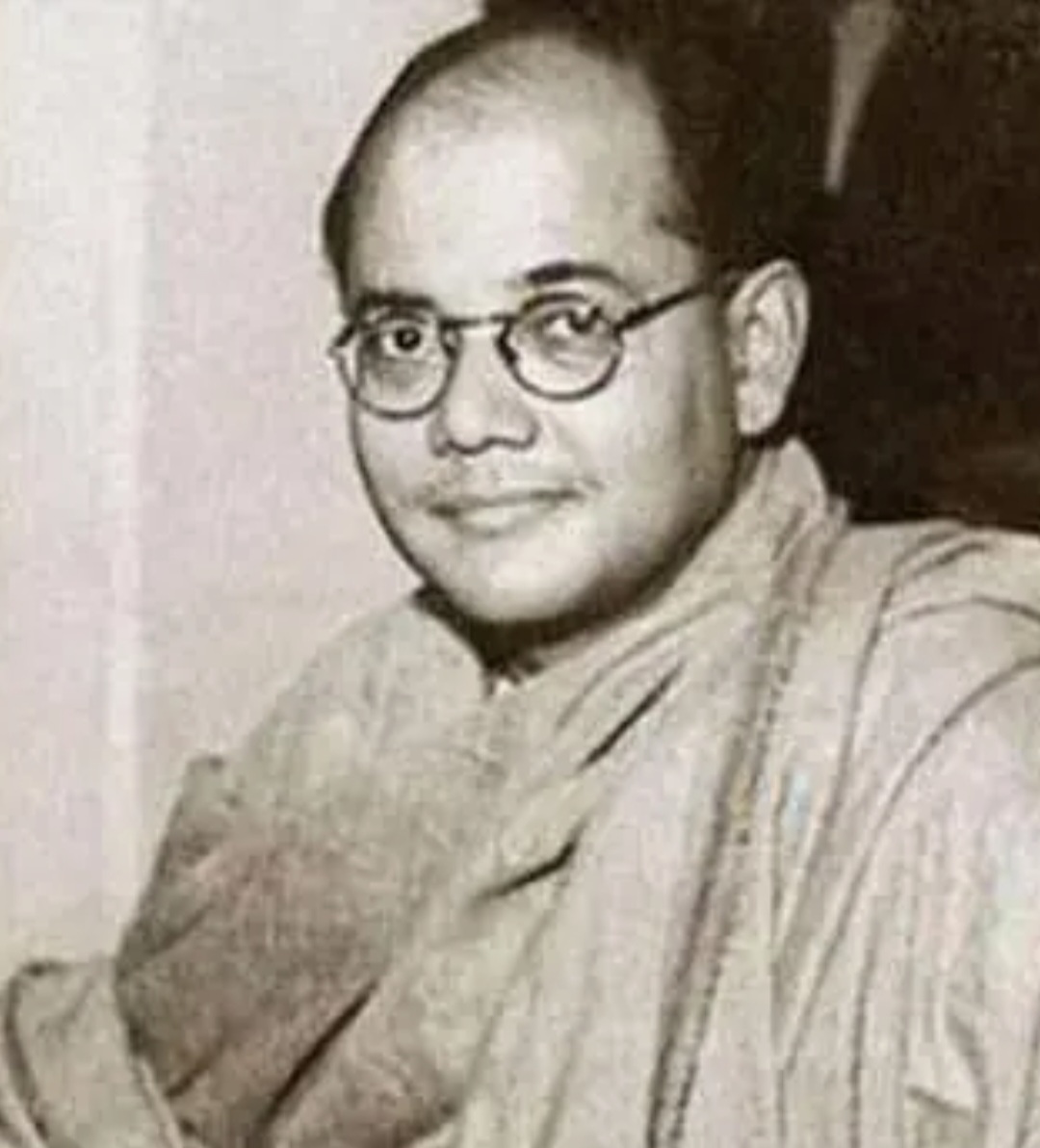



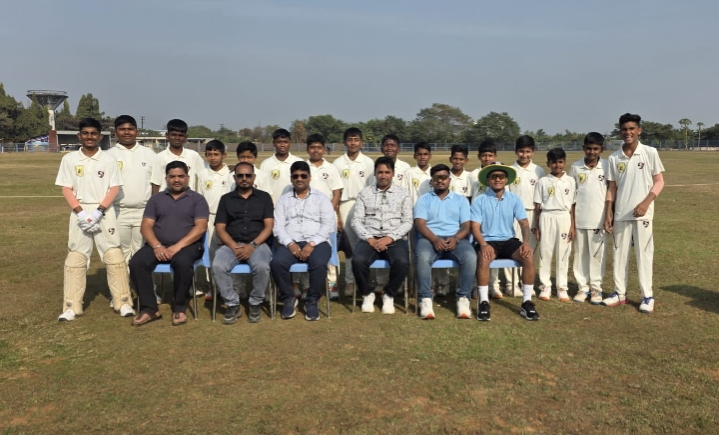
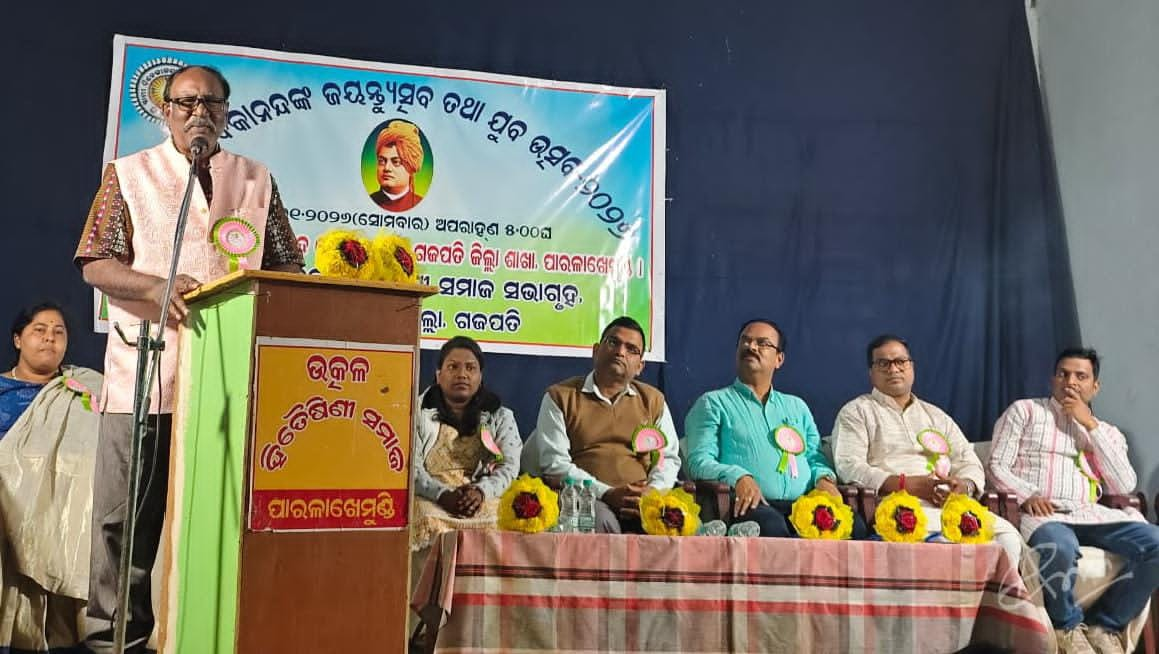
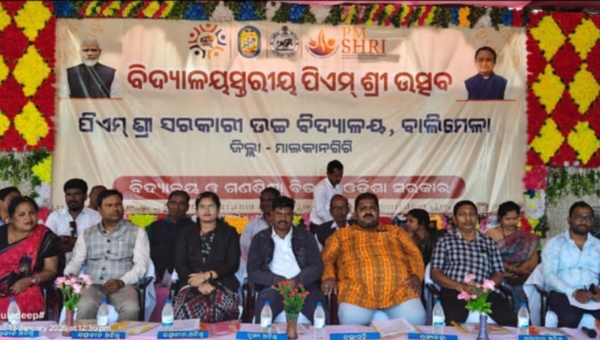

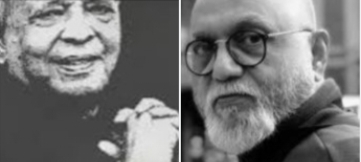
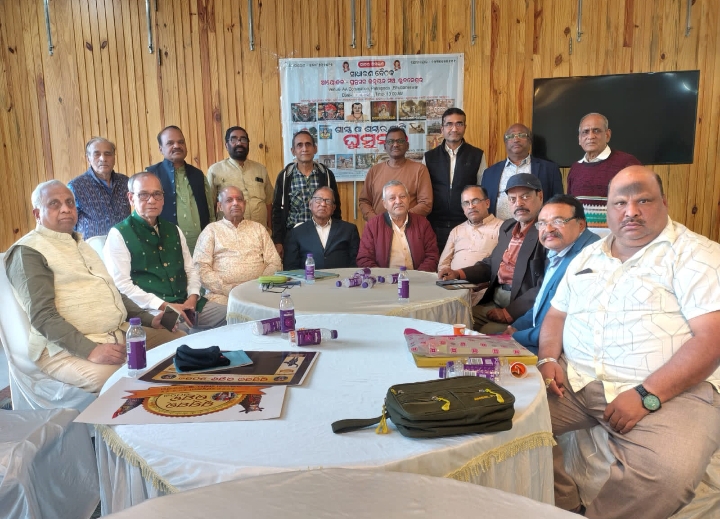

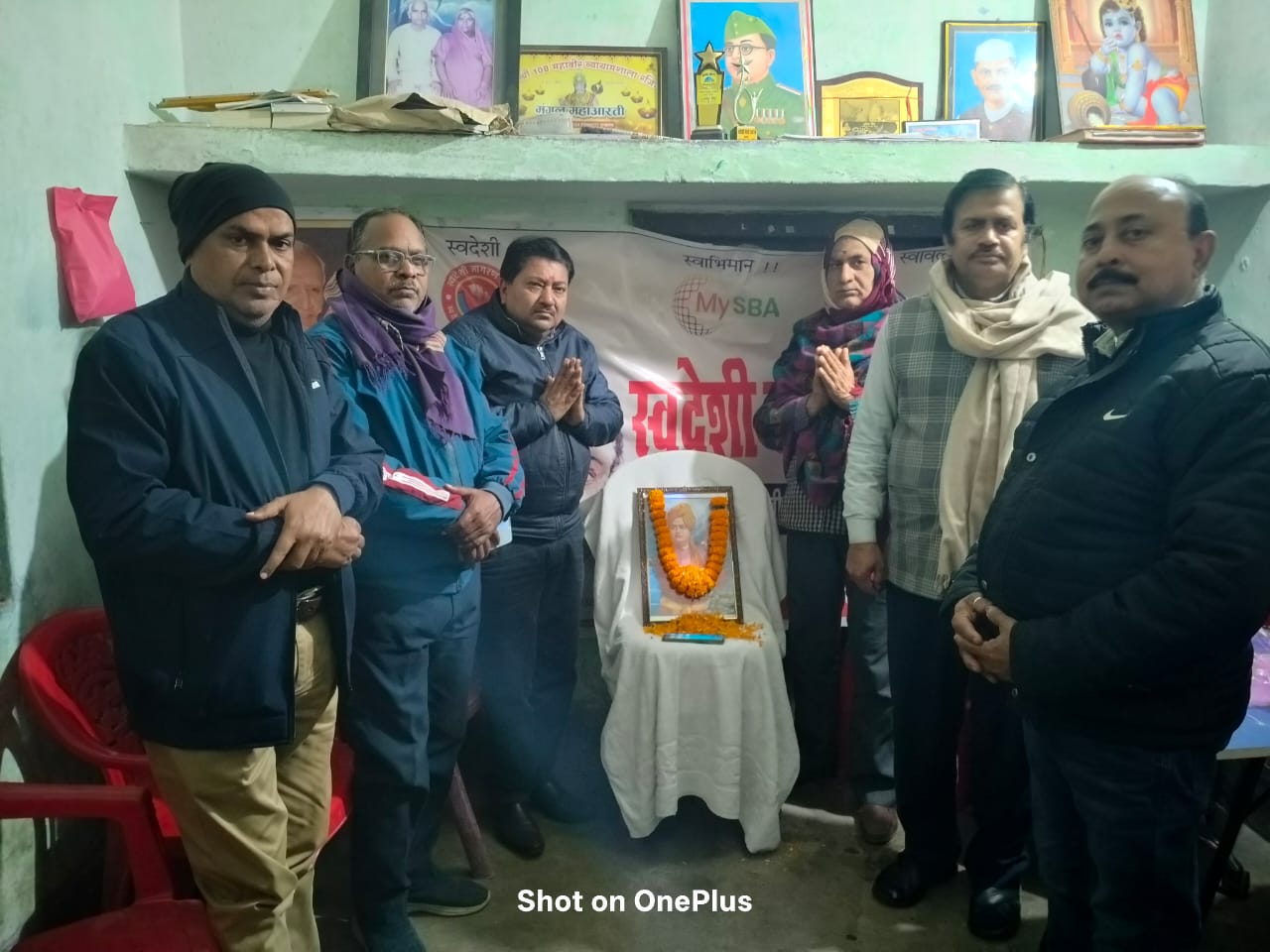
Leave a Reply